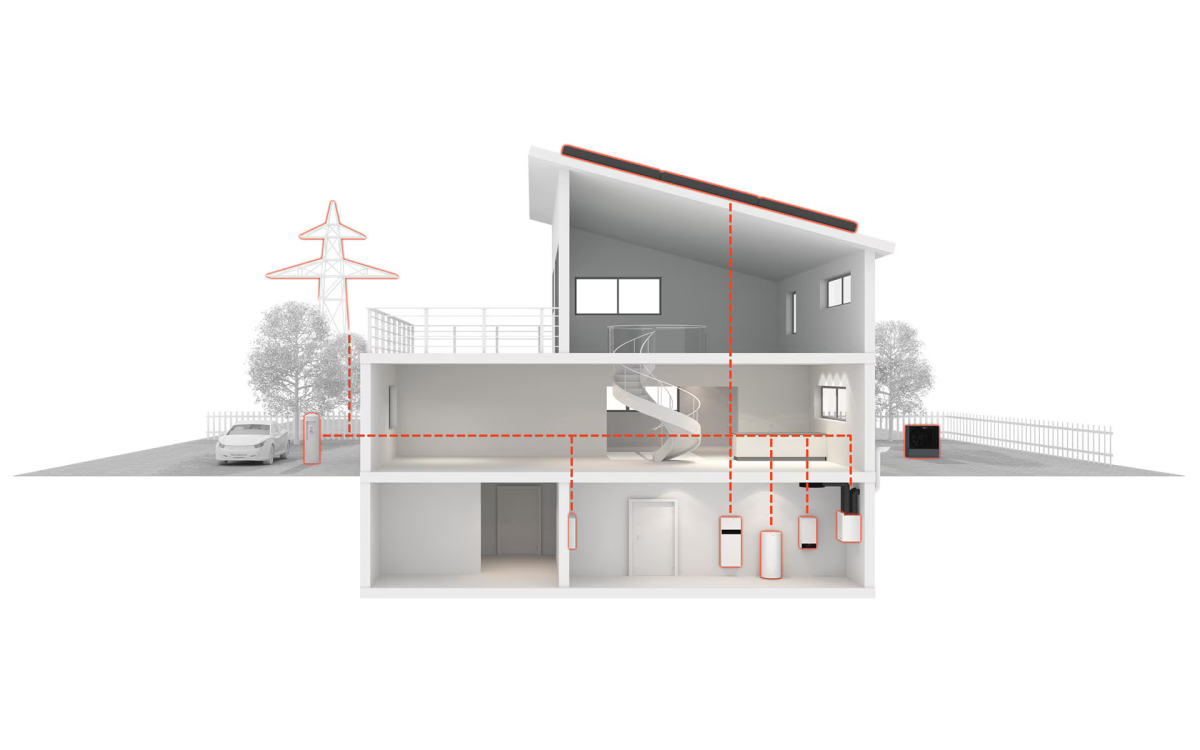Save Energy and Reduce Heating Costs
Save energy and reduce heating costs
Saving energy and reducing heating costs are closely linked. According to government data, private households use more than two-thirds of their final energy consumption for heating. This does not include the energy used for water heating. That alone shows that it is worth starting to save energy. Considering the increasing environmental pollution, energy transition goals, and above all rising fuel prices, there are even more reasons to cut heating costs. With the right measures and actions, this can easily be achieved in everyday life.
For example, you can bleed the heating system in just a few simple steps. Once there are no more air bubbles in the system, the heating water flows evenly through the pipes and can release heat smoothly into the rooms. In addition to improved thermal comfort, annoying noises such as humming or bubbling are also eliminated.
You can also lower the room temperature depending on the room and time of day, making energy use much more efficient. Proper ventilation also helps to save energy. You will learn how to do this in the following section. And best of all: all these measures are free and can be easily integrated into your daily routine.
To maximize the savings effect, it is important to take technical measures. Hydraulic balancing and regular maintenance of the heating system by a heating specialist are the most effective ways to save energy and reduce heating costs in the long term. Finally, it is also wise to reduce water and electricity consumption to save overall energy.
How can you save energy?
An important way to save energy is to change heating habits, which can also help reduce heating costs. However, this does not mean that you have to sacrifice comfort or even freeze in your home. You can easily integrate the following three tips into your daily routine:
The heating system is a closed system in which water heated by the heat generator circulates. In practice, however, air can still enter the system, for example through diffusion or when working with the heat generator. This creates air bubbles that prevent even heat distribution in the radiator. This often produces strange or annoying noises. If this happens, the radiator must be bled.
Bleeding radiators not only reduces heating costs, but proper ventilation is also one of the most effective ways to save energy. Important: when ventilating, windows should be fully opened for a short time (about 5 minutes), not left half-open. Half-open windows let in little fresh air but let out a lot of heat. During ventilation it is recommended to reduce heating. If possible, repeat this process up to three times a day. Depending on the season, ventilation can last longer than 5 minutes.
The perception of warmth is always subjective. Some people like it very warm, others a little cooler. However, it is clear that not all rooms in a house or apartment need to have the same temperature. After all, rooms are used differently and are also heated indirectly, for example by people present or operating electrical devices.
Pay attention to the following temperatures:
Playroom, office and living room: 20–22 °C, kitchen and bedroom: about 18 °C, hallway: 15 °C. The importance of the correct room temperature is shown by the potential savings: lowering the room temperature by just one degree Celsius reduces heating costs by up to six percent – at least in older buildings. In new buildings, savings may be smaller.
Technical measures to reduce heating costs
In order to save energy and reduce heating costs in the long term, the above tips are not enough. In practice, the greatest savings potential comes from combining correct heating operation and technical optimization. The latter includes hydraulic balancing and regular professional maintenance.
Radiators in buildings often do not heat evenly. The greater the distance from the heat generator or the thinner the heating pipes, the greater the resistance to flowing water. This means that not all rooms receive the same amount of water and radiators heat at different temperatures. To heat all rooms to the desired temperature, more energy is required. Hydraulic balancing is necessary to ensure that each radiator receives exactly as much heat as needed. Independent studies show that hydraulic balancing increases energy efficiency by up to 15 percent. This not only saves energy but also reduces heating costs.
Regular heating maintenance extends the service life of the heating system and ensures safe and trouble-free operation. This is the only way to guarantee efficient and low-emission energy consumption. It protects the environment and saves heating costs while maintaining consistently high heating and hot water comfort. The boiler, burner and control system form a system similar to a car engine. If your car worked as many hours as your boiler, it would cover 100,000 km per year. Every car owner is obliged to carry out regular maintenance. Therefore, your heating system, like your car, must be serviced at least once a year.
Benefits of regular maintenance
Regular maintenance not only saves energy but also reduces heating costs. According to experts, potential energy savings are 5–7 percent compared to a heating system without maintenance. This means that significantly fewer resources are needed for heating. At the same time, maintenance ensures environmentally friendly operation.
Reduce heating costs with our professional saving tips
Energy saving tips do not have to be complicated. Many of them can be done by yourself with just a few steps. This way you save energy and reduce your future heating bills.
Tight seals around windows and doors are essential for efficient heating. Seals should be checked before the heating season and replaced if necessary.
Insulating heating pipes is simple, requires reasonable effort and is inexpensive. It can also save energy.
Regularly check the operation of thermostatic valves. A stuck thermostat reduces heating performance. To save energy, this must be corrected.
Combine all these measures to minimize heating costs. In addition to the three tips already described, there are other useful measures that can be quickly implemented and have significant energy saving potential: radiator temperature should only be lowered at night, not turned off completely, so that the room does not cool down completely. Reheating a cooled room requires greater water flow, which increases energy consumption. Curtains in front of radiators or furniture placed nearby prevent heat circulation. The radiator cannot reach full capacity and must heat more to maintain the desired room temperature. Therefore clean radiators. At night, curtains, blinds and shutters should be closed. This reduces heat loss and protects against cold and drafts.
Use less water and save energy
Efficient heating not only helps save energy and reduce heating costs, but also economical water use reduces energy consumption. These water-saving tips for the bathroom and laundry can be easily and cheaply integrated into your daily routine.
Save electricity and protect the climate
In addition to heating and hot water, electricity is essential in every household. Although it makes up a relatively small part of total energy consumption, there are many reasons to save electricity. Firstly, because electricity prices are constantly rising; secondly, because electricity is still largely produced in conventional power plants. Fossil fuels such as coal or gas are often used as energy sources, releasing environmentally harmful CO2 when burned.
Turn off electrical devices completely instead of using standby mode
Saving electricity is child’s play in many areas. Simply turn off electrical devices such as stereos, TVs and computers completely if they are not used for a long time. Many devices have a standby mode from which they can be quickly woken, but they still consume electricity. If you want to save energy continuously, use a power strip with a switch. This allows you to disconnect several devices at once.
Avoid powerful air conditioning systems
Air conditioning provides a pleasant temperature on hot summer days. However, these devices are real energy guzzlers. If used for several days a year, they generate high electricity costs. A much cleaner alternative is a heat pump with a cooling function. In winter it heats the rooms safely and economically. In summer it cools them to a comfortable level.
Produce your own electricity with a photovoltaic system
Photovoltaic systems are now available in various designs and power levels. If your roof orientation and location are suitable, such a system can be installed quickly and cost-effectively. You can feed the generated electricity into the local grid, for which you even receive compensation. Or you can simply use it yourself. In this case, you no longer have to worry about saving electricity.
Author: viessmann.lv

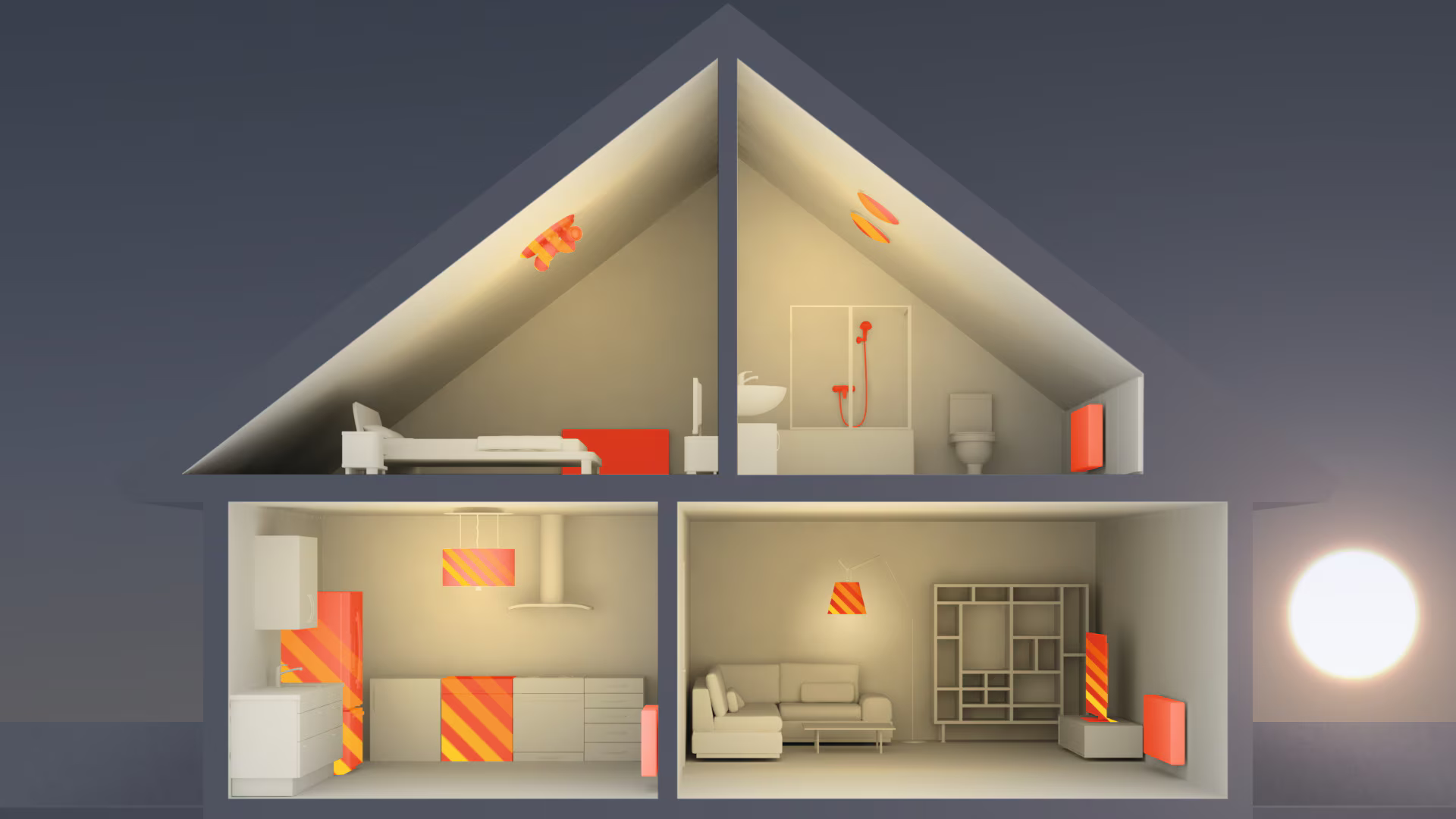
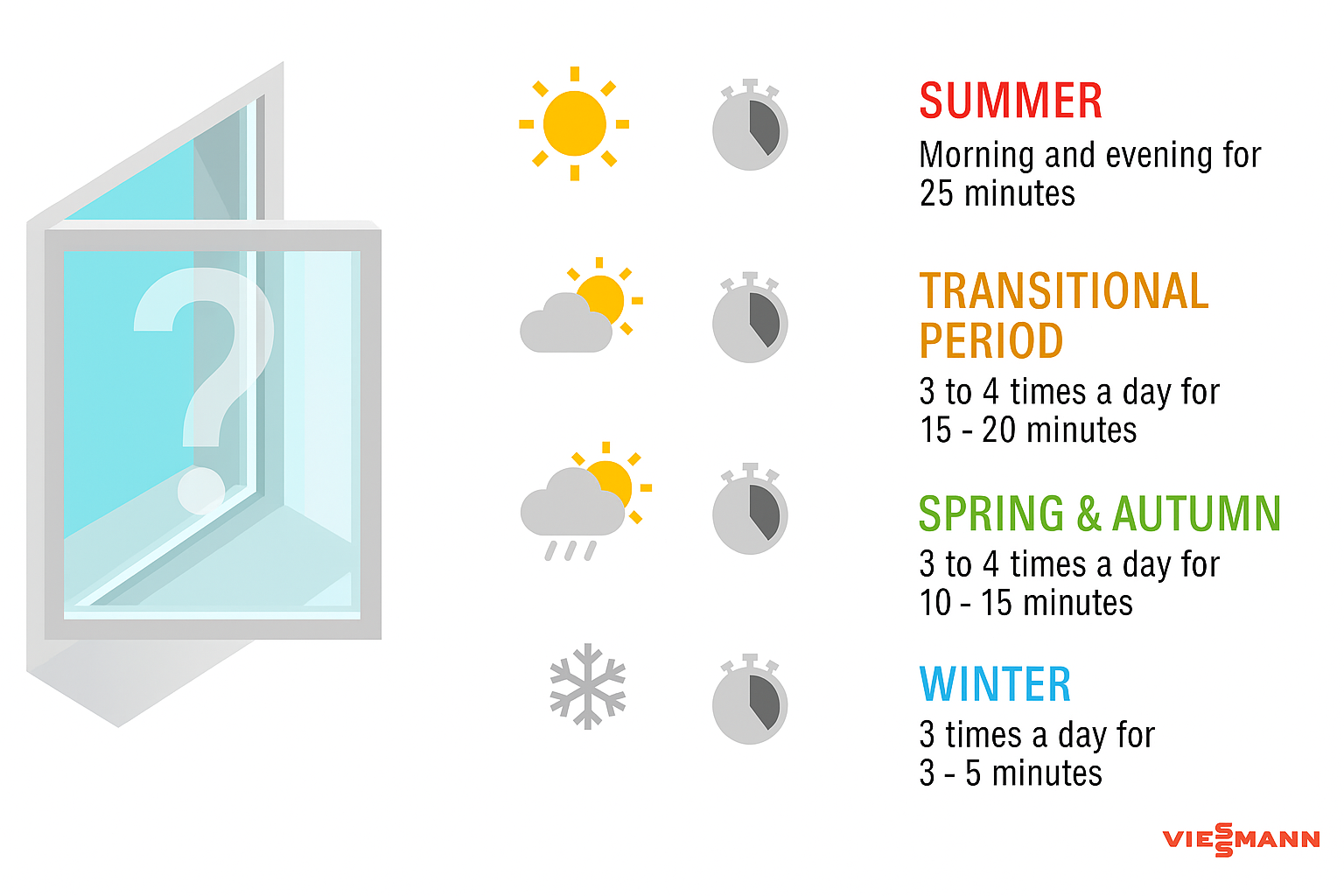
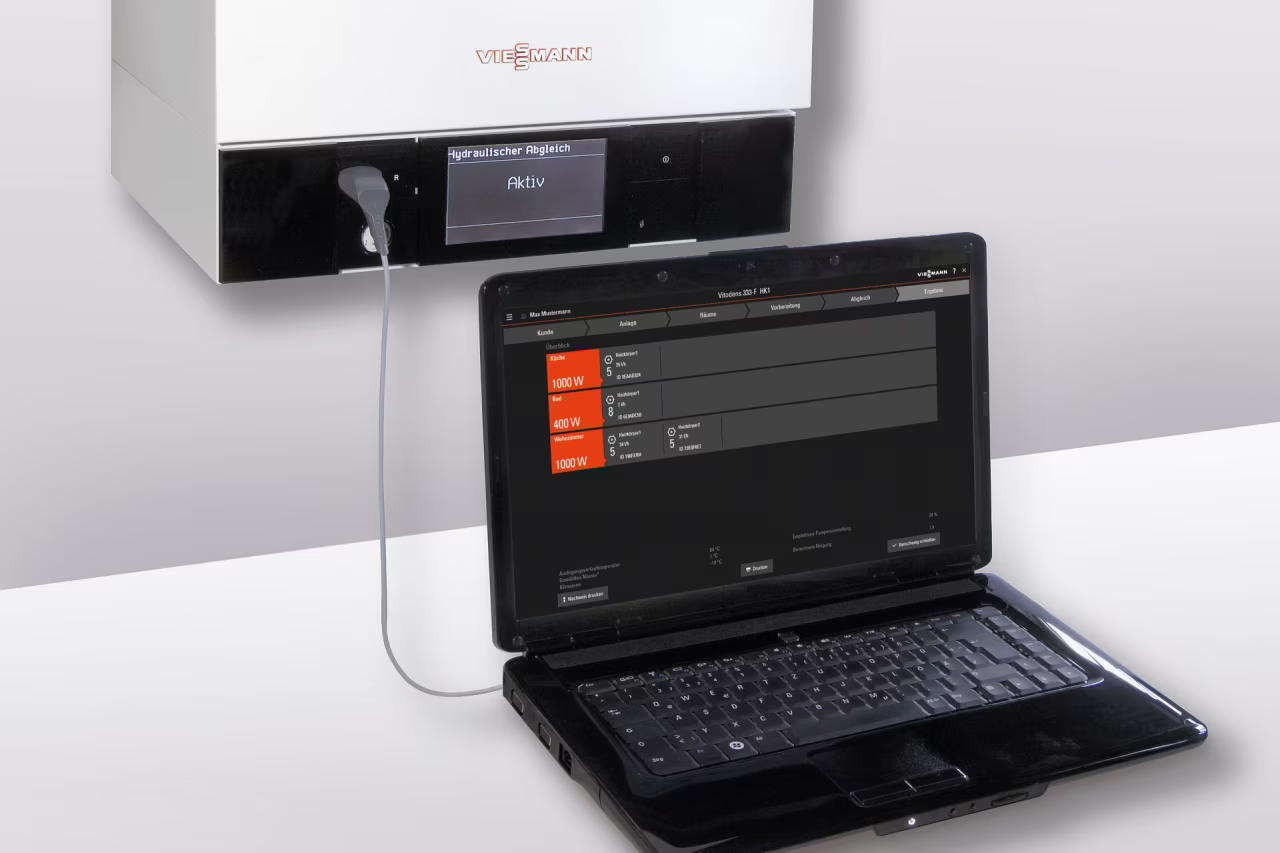
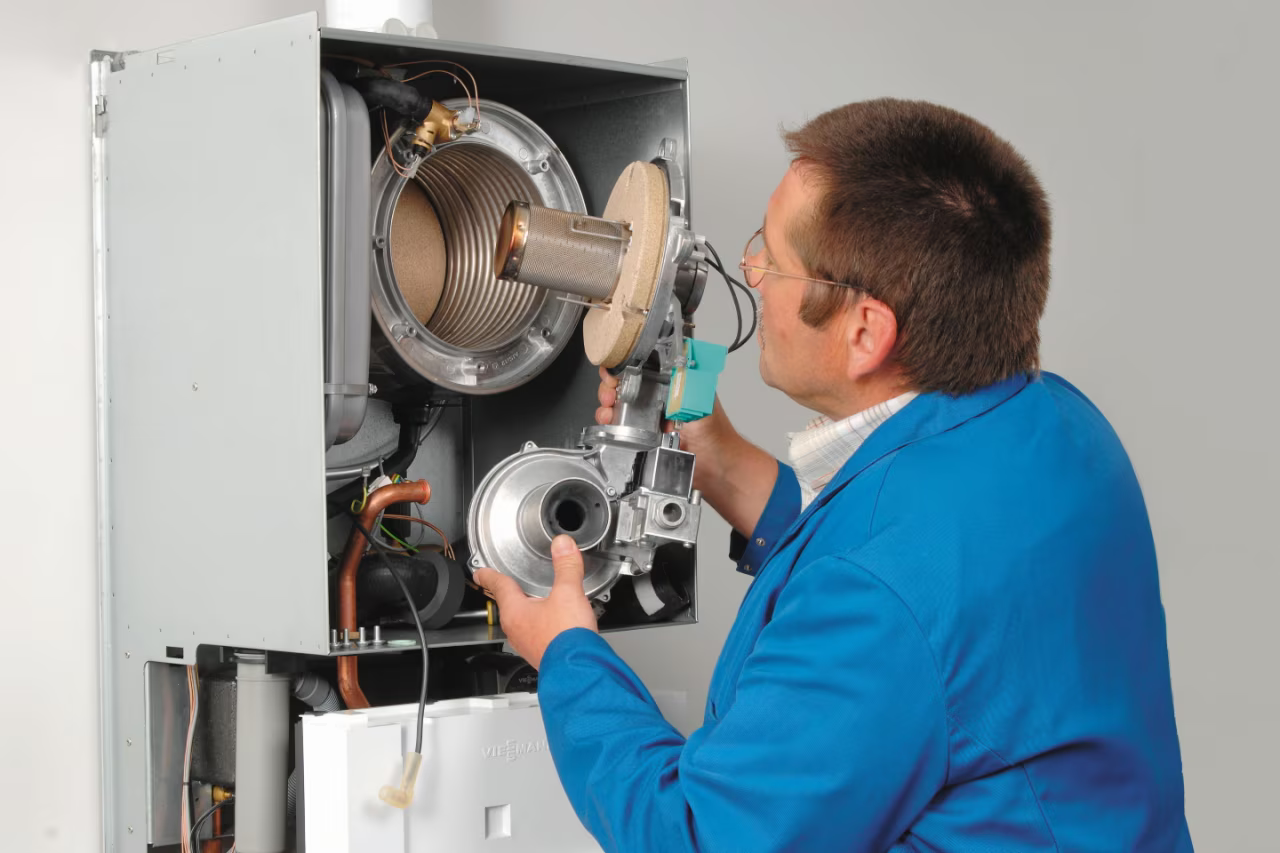
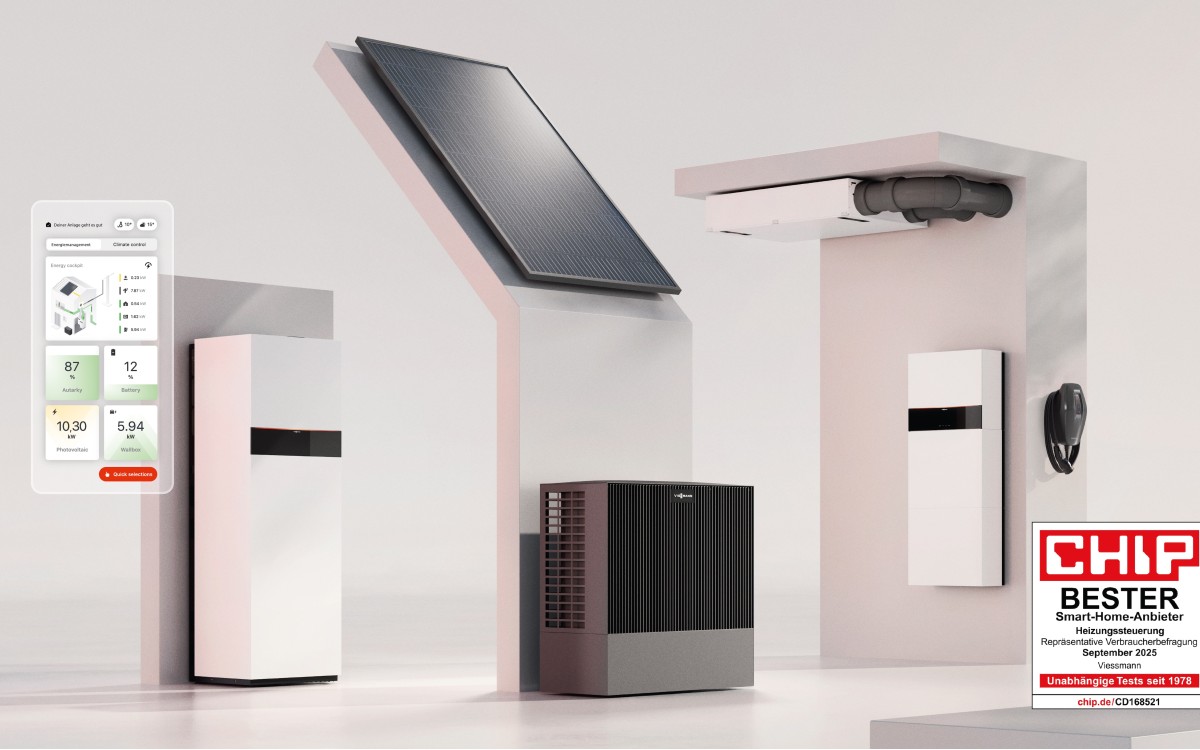
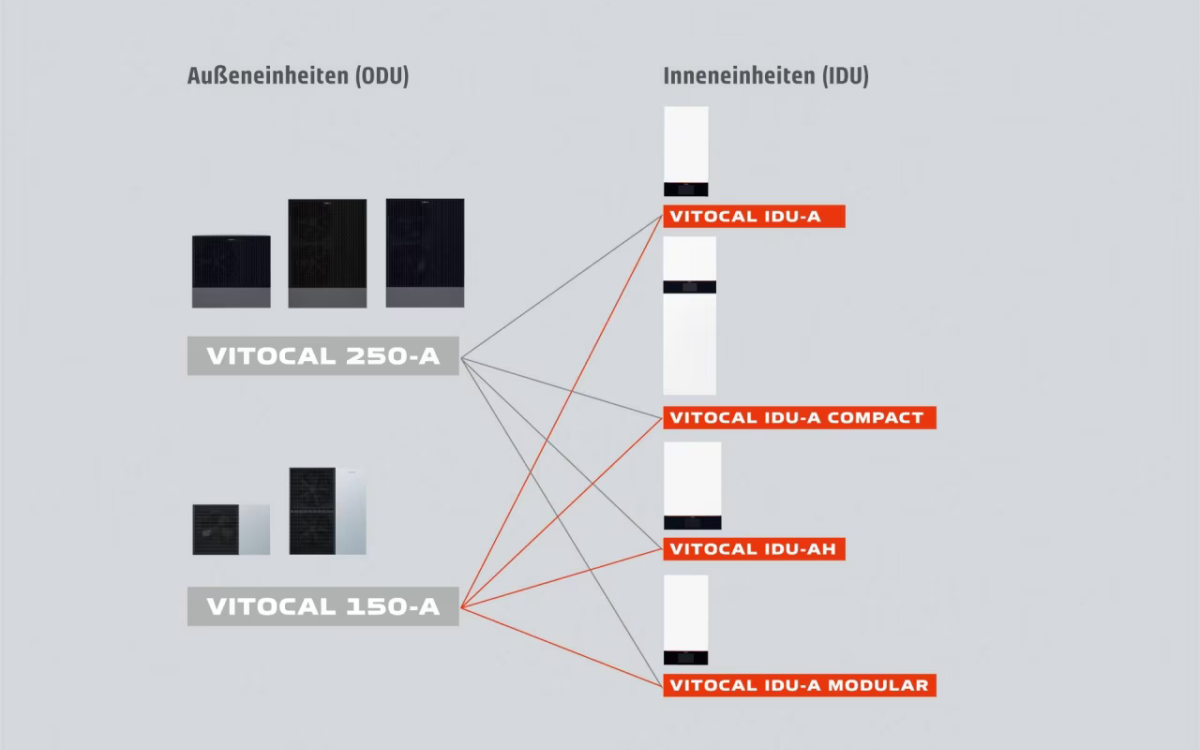

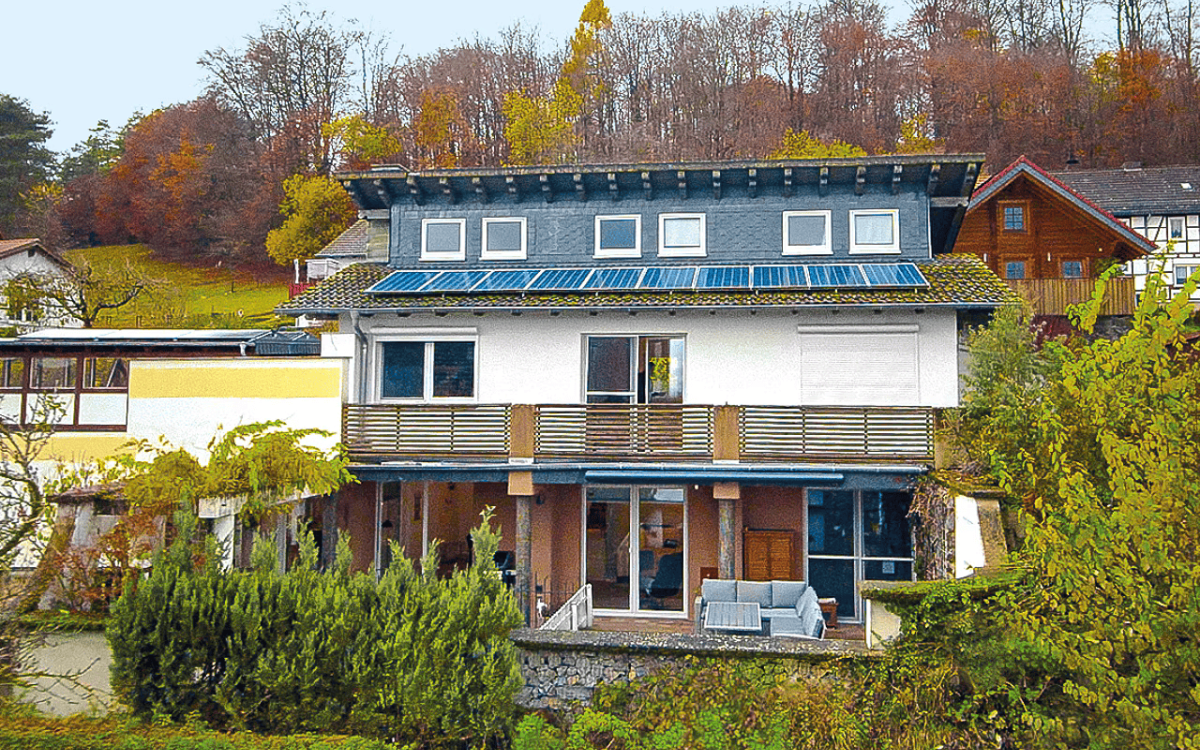
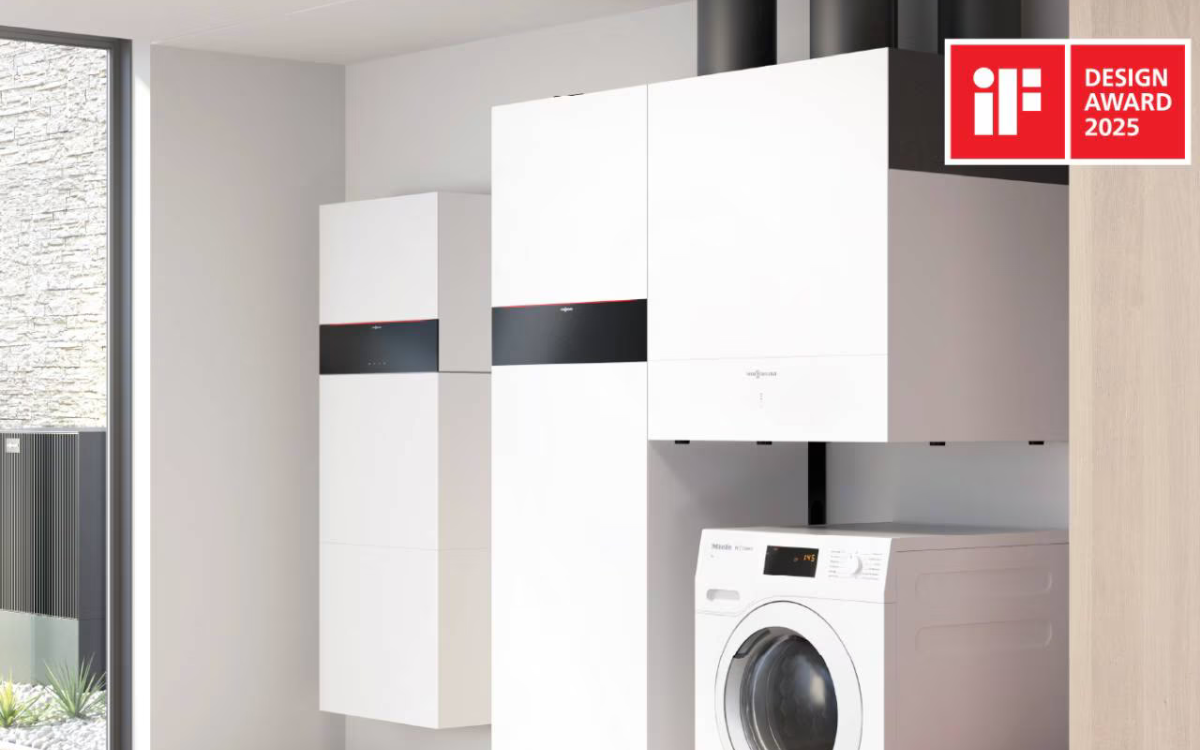

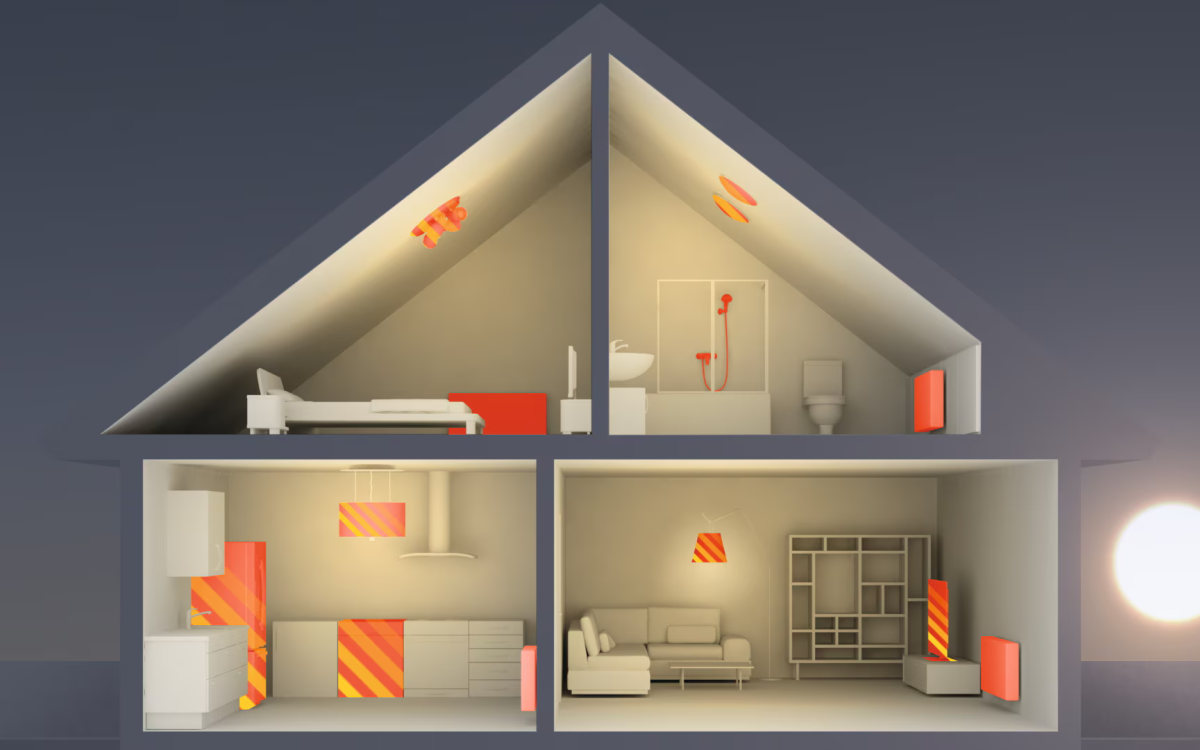
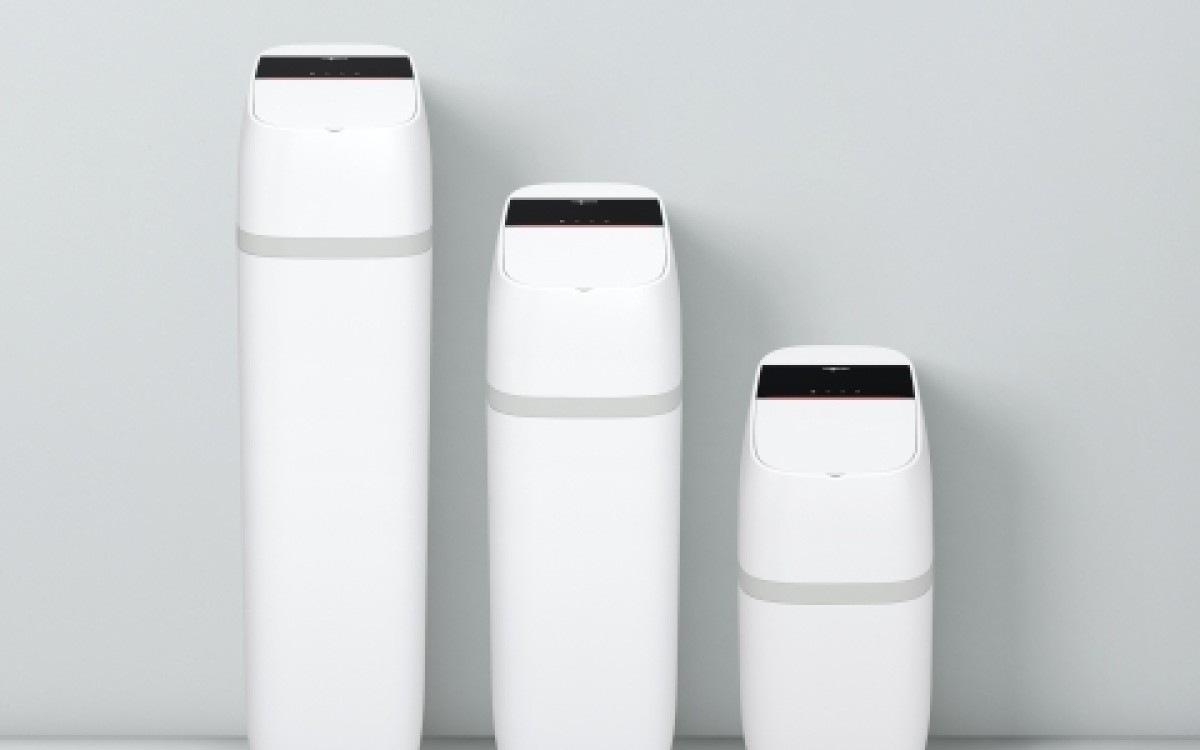
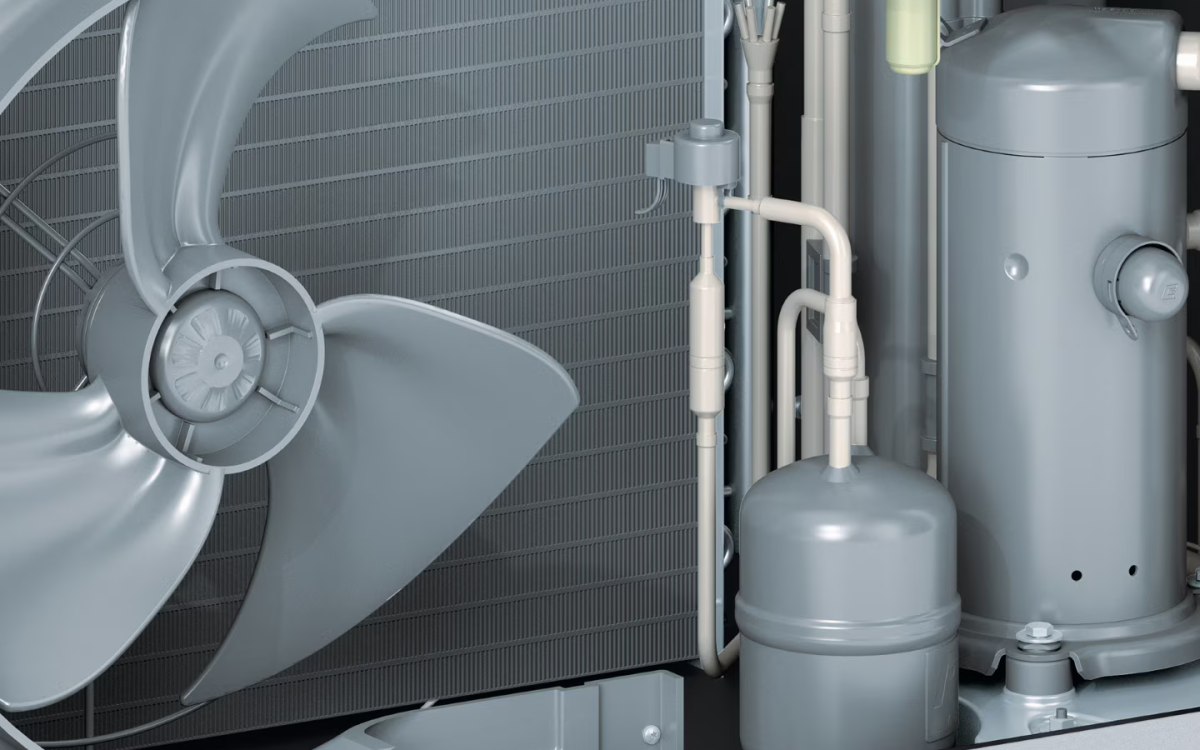
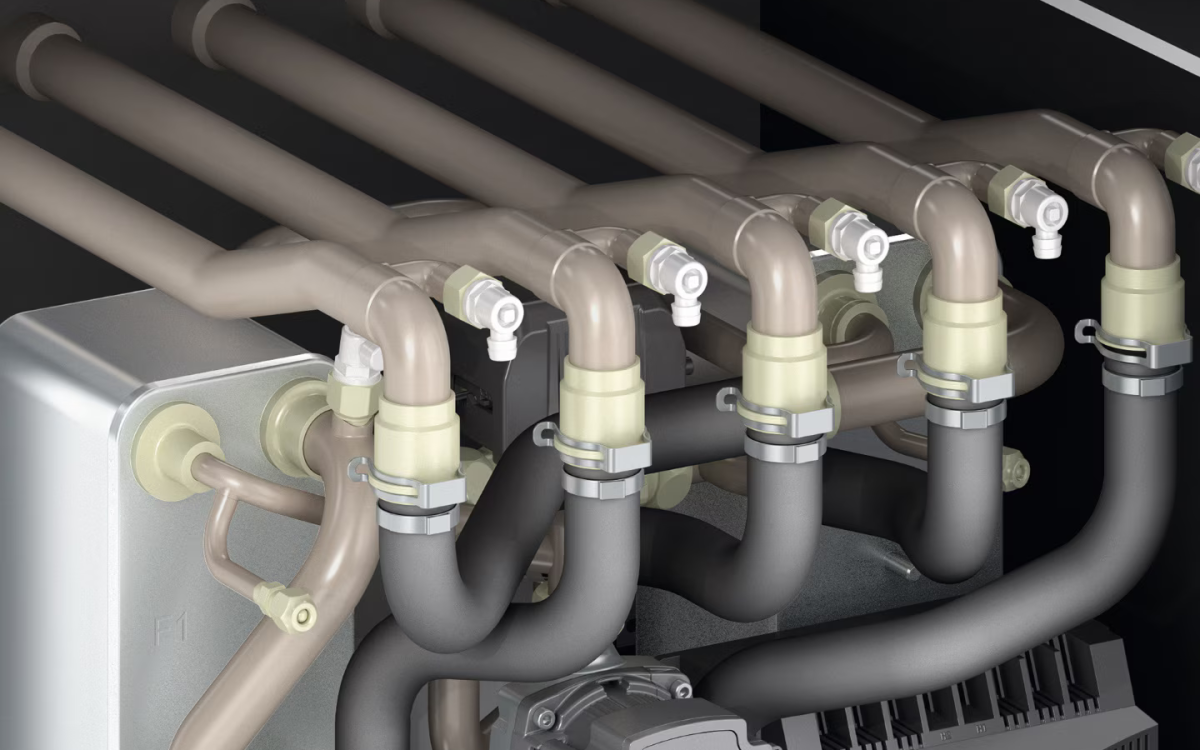
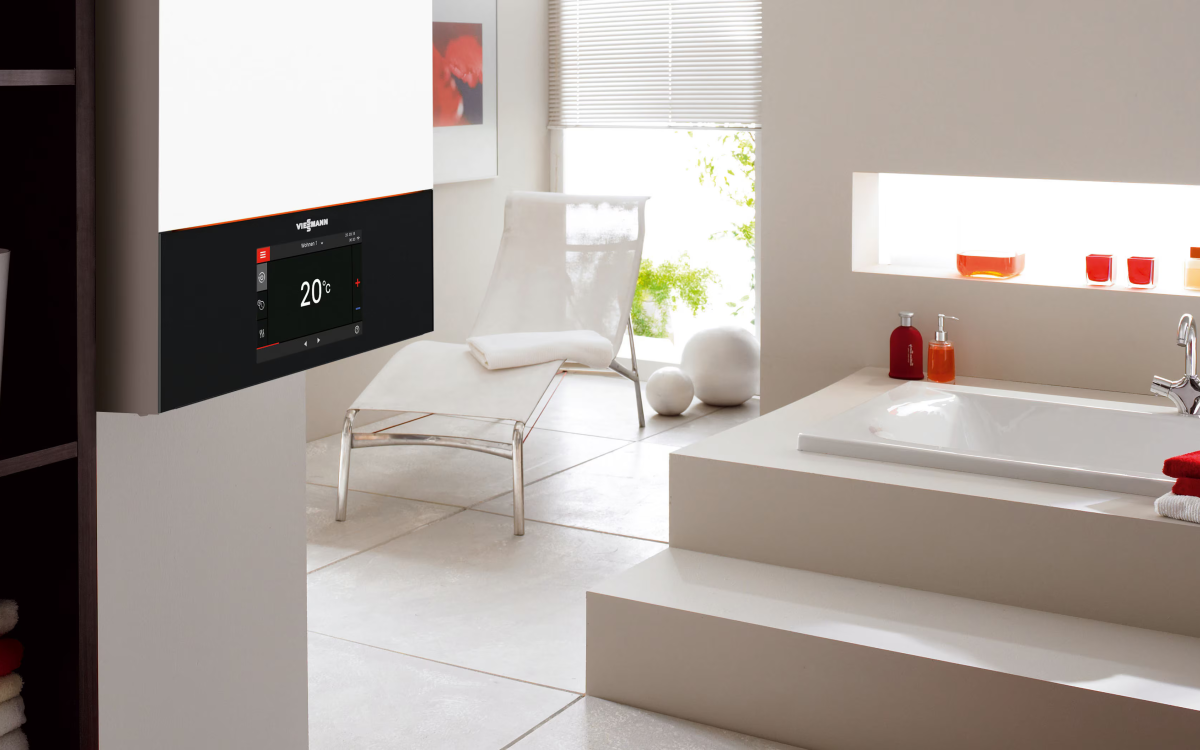
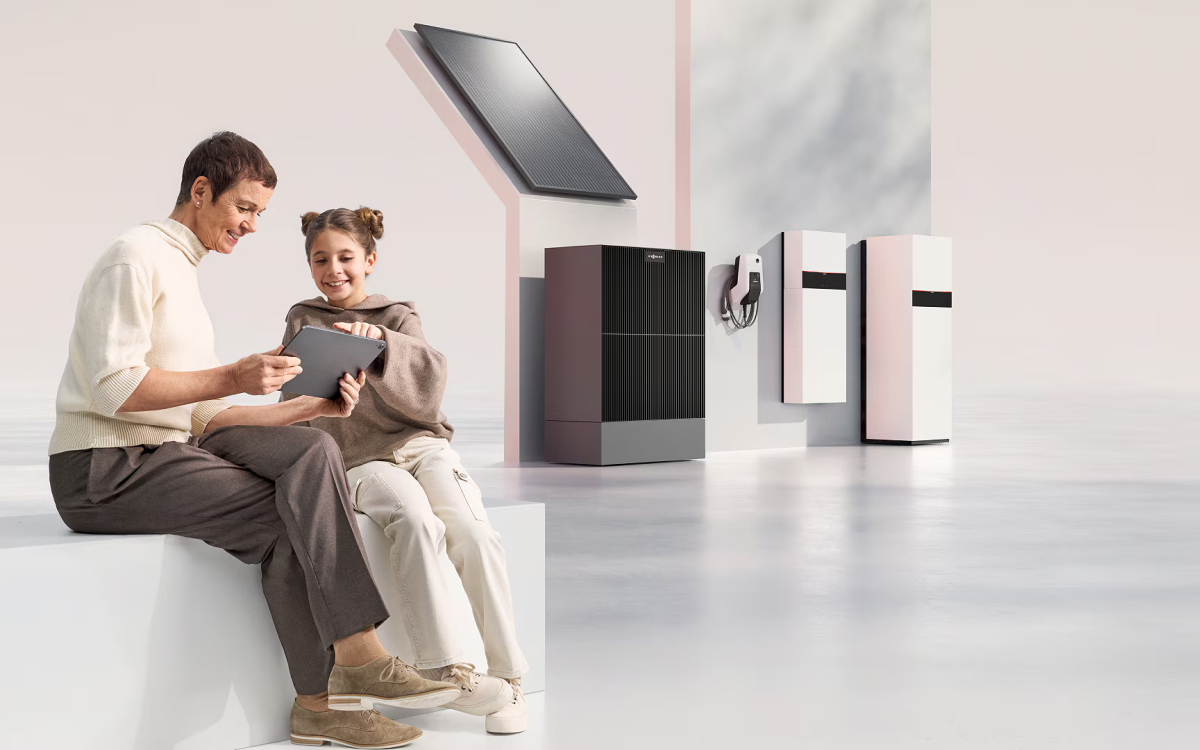
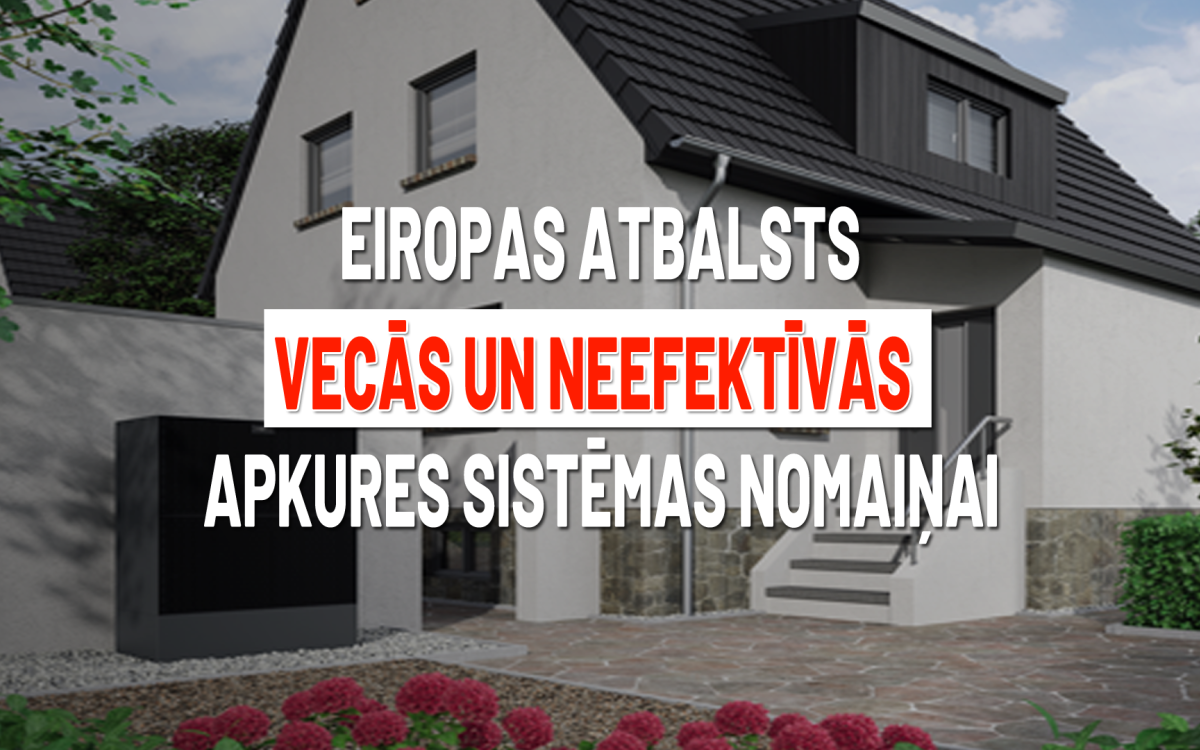
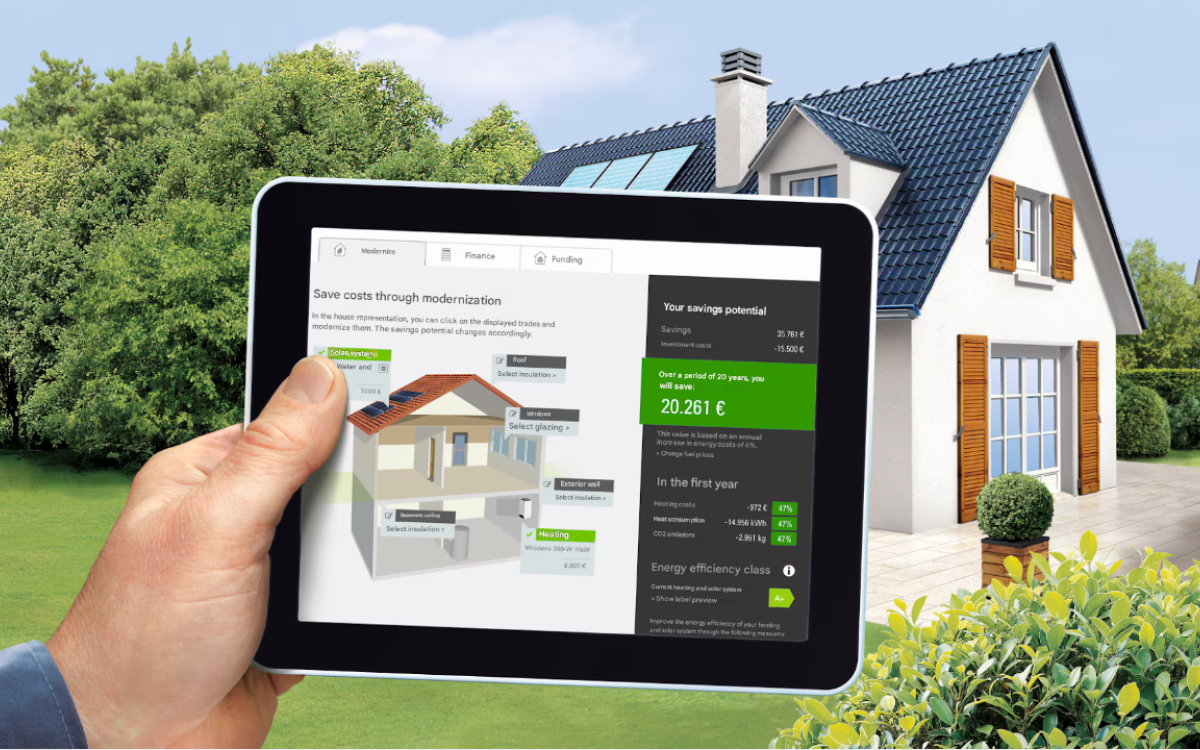

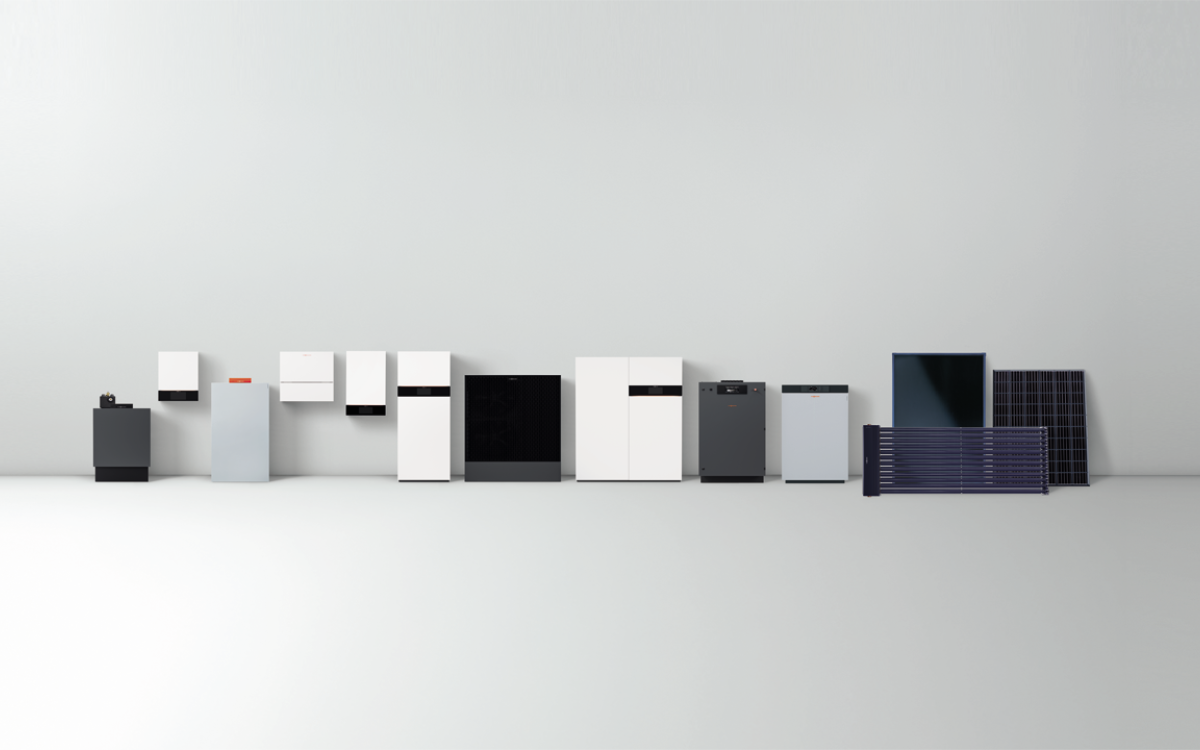
-1200x750w.png)
